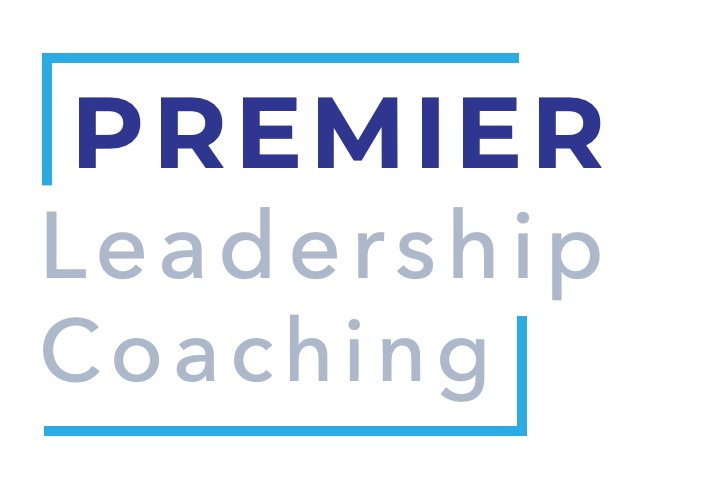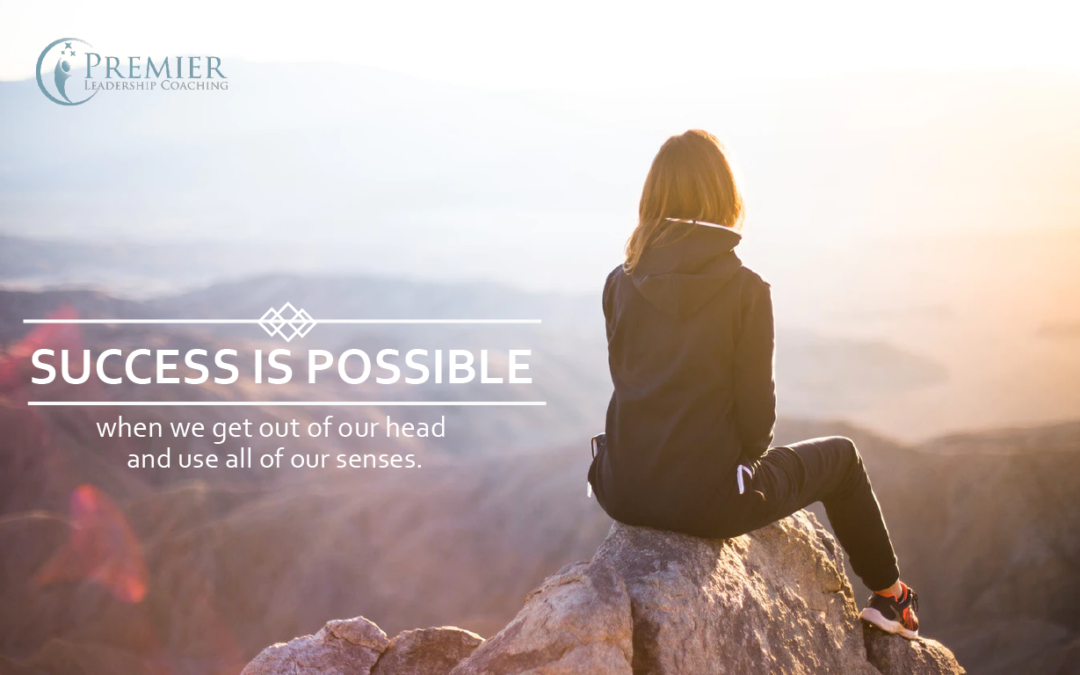Many already successful leaders claim that they want to be even more successful, but less of them do what is needed to make that success a reality.
This gap between what we say we want and what we do – taking actions that sabotage ourselves – occurs over and over again. We say we want to be healthy, but then we eat a cheeseburger. We claim we want to get more sleep and then stay up late working. There are many reasons why despite our best intentions we can’t quite seem to put our money where our mouth is. Change is for sure possible (Google “neuroplasticity”), but it is hard. New behaviors are uncomfortable. Growth takes time that none of us feel we have.
Leaders regularly, tell me “I want to take my career to the next level. I am open minded and willing to experiment. I am excited to learn.” I hear what they are saying, but when I look at them and watch what they do I see that they aren’t taking the actions needed to accomplish what they claim they want. Instead of being open they are closed. Specifically, they are know-it-alls and if there is one way to guarantee limited success it is to be a know-it-all. It is possible to be a really successful, well-paid, highly respected professional know-it-all. But if the goal is the true maxing out of potential – to be even more successful, have greater financial gain, and receive adoration – open-mindedness is required.
The term know-it-all seemingly is familiar to all of us. Merriam-Webster defines it as, “one who claims to know everything.” Pretty early on most of us learn to quit this bad behavior. Mom tells us, “Stop being a know-it-all.” And eventually we do. The question then becomes, “Why write about it now if we all stopped this nasty behavior when we were 10 years old?” The answer is we didn’t really stop – we fake stopped. We learned how to hide it. We keep our I-know-better-than-anyone-else thinking to ourselves. We take that external bad habit and make it internal.
Now when someone shares a new idea we don’t blurt out, “That’s not right.” Rather, we silently evaluate and then disregard. We tell ourselves we know better and are smarter. Ultimately, we stop listening. Our thoughts are,
“No, you should not have done it like that. You were wrong. My way is better.”
“Yes, I hear your suggestion that I should change my approach, but I am not going to.”
“I know you want to contribute. However, I am not going to let you participate because it will slow me down.”
Being like this of course is allowed. It is one way to go, but people with this mindset don’t get as far as they say they want to go. Closed-mindedness guarantees more of the same and limits possibilities. People who really listen – suspend judgment, silence evaluations, and eliminate preconceptions are able to grow, change, adapt, innovate, pivot, and generally do better. Professionals at the upper echelons are the ones who respond with,
“That is interesting. Tell me more.”
“I am curious about your idea. Let me listen closely so I can be fully convinced.”
“I wonder how we can compromise so we both come out winners.”
While not typical for me, today I noticed the shadows on the ground around me. They captivated me actually. I was curious about how the trees around me made certain forms below, the birds created different shapes, and my own features melted away and became a blob. It occurred to me then that being a know-it-all is like trying to understand the world from shadows alone. Yes, you see something, there is an image, but you don’t really know what it is.
Would any of us make important life choices based on the shadows or even trivial choices for that matter? I wouldn’t decide if I liked my dinner based on what shape my entrée created. I would want to smell it, taste it, and look at it head on. But, ironically, with important business and leadership decisions many leaders limit the amount of data they allow in. They have their own beliefs, their own experiences, their own biases and they go with that because it is quicker, or easier, or less intimating. But it is a shame and it is sad.
Professionals could have more of what they want if they loosened up, slowed down, and became curious. We are like this when we are children. We ask a million questions, we try out insane risky stunts with high rates of failure, we let strangers in, we forget what we have learned and try again as if it were new. But as adults we think we know the way the world works, we think we know how people are, we think we know what is best and as a result, we don’t get what we claim to want.
To be truly successful suspend disbelief, eliminate predispositions, and silence evaluation. Success is possible when we get out of our head and use all of our senses. Walk into into the sunlight to see what is possible.
Do you identify with some points of this post? Contact me to help you achieve your best self.


Thank you for this gift!